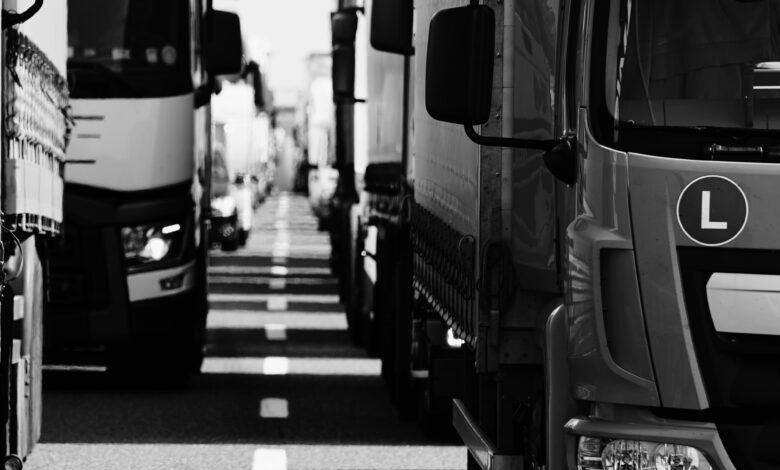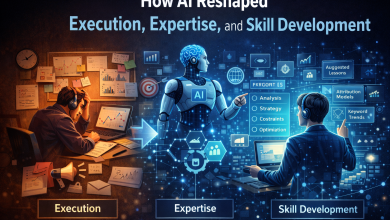
The haulage industry is a key pillar of UK plc, responsible for transporting 89% of all goods moved by land – everything from supermarket goods to industrial components. It supports over 200,000 businesses and employs more than 2.5 million people, directly and indirectly, more than the entire aerospace and rail sectors combined.
Collectively, the sector contributes over £124 billion to the UK economy each year. But this vital engine of commerce is under severe strain.
Sector difficulties
Recent distress signals from long-established hauliers paint a stark picture: rising numbers of operators are filing for administration, unable to withstand the financial and operational headwinds reshaping the sector.
From soaring fuel prices and rising labour costs to regulatory tightening and customer expectations for greener operations, haulage firms are navigating an increasingly complex landscape.
In this high-stakes context, artificial intelligence (AI) is no longer just a promising innovation – it’s fast becoming a critical tool for survival.
Haulage is a margin-sensitive industry. In a margin-sensitive industry, inefficiencies like empty running – where lorries travel without cargo – idle fleets, poor route planning, and reactive maintenance directly erode profitability.
How AI can help
Today’s AI platforms turn raw logistics data – from IoT sensors, traffic feeds, weather models, and inventory systems – into actionable insights. They predict vehicle breakdowns before they happen, optimise load planning, and cut fuel waste with intelligent route selection.
The result is better asset utilisation, lower operational costs, and higher reliability, all without compromising on delivery speed.
The environmental case for AI is just as compelling. Logistics is a major contributor to CO₂ emissions, much of it avoidable. AI systems can track and reduce carbon footprints in real-time by streamlining routing, cutting engine idling, and ensuring that every journey is as efficient as possible.
The importance of sustainability
Sustainability is no longer a “nice-to-have.” For hauliers vying for long-term contracts – especially with retailers, manufacturers, and government bodies, environmental performance has become a key differentiator.
There’s a misconception that AI will displace human roles in logistics. In reality, the most impactful use cases are about augmentation, not automation. AI enhances operational decision-making, supports driver safety, and enables planners and dispatchers to work with richer, real-time data. It’s a multiplier for expertise, not a replacement.
A tool – not the full solution
That said, AI is not a silver bullet. It won’t shield hauliers from every economic shock or eliminate every inefficiency. But it will equip forward-looking firms to respond faster, pivot smarter, and deliver more value under pressure.
With inflation squeezing budgets, labour shortages slowing operations, and net-zero regulations looming, the old ways of doing business are rapidly becoming obsolete. For hauliers, AI adoption is not a futuristic ideal: it’s a necessity.
The companies that invest in AI today will be the ones with the resilience to weather uncertainty and the agility to capture tomorrow’s growth. Those that don’t risk becoming cautionary tales in an industry that no longer tolerates inefficiency.





